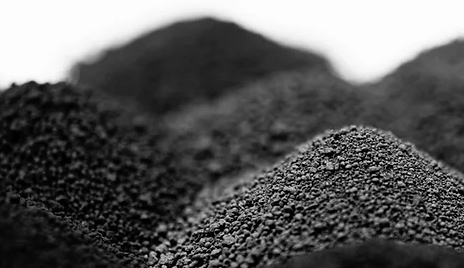Widely differing viewpoints on how the carbon black market will develop in the months ahead
London – The carbon black industry has been sending out some mixed signals over recent weeks, particularly with regard to pricing and the supply-demand balance going forward.
A recurring theme in the half-year results of major carbon black suppliers is of revenues and profits rising despite sales being flat or down in volume terms on year-ago levels.
Typifying the trend, Tokai Carbon’s carbon black division, posted a15% year-on-year rise in first-half sales, while operating income more than doubled – despite sales volumes for tires staying around prior-year level.
Higher productivity and the pass-through of environmental investment costs, particularly in North America, helped push up sales and operating income, Tokai noted.
Similarly, Cabot’s reinforcement materials segment reported a 17% increase in its fiscal third quarter earnings, despite 14.5% lower revenue and an 8% dip in volumes – driven largely by a weak replacement tire market.
Europe, Middle East and Africa reported the sharpest of the declines in volumes at 12% year-over-year, followed by Americas at 10% and Asia at 5%, Cabot reported.
Continuing the pattern, Orion Engineered Carbons saw earnings at its rubber carbon black segment increase significantly year-on-year, due mainly to contractual price increases.
However, carbon black sales by Orion for the three months to 30 June fell by 14%, while volumes dropped by more than 9% year-on-year.
Volume-decrease, it noted, was mainly due to “destocking and deferment” in the Europe, Middle East and Africa region as well as the Americas.
In terms of what happens next, the major carbon black suppliers remained bullish about earnings – and pricing – prospects for the remainder of this calendar year at least, despite a softening demand scenario.
Cabot, for one, expects to raise carbon black pricing for the contract year 2024 amid 'unchanged' market fundamentals in Europe and the US.
“A percentage of our business has multi-year agreements with the second year [seeing] price increases,” president and CEO Sean Keohane told market analysts.
“Those price increases are kind of the baseline for the rest of our 2024 contracts and should really set the level of price increases,” Keohane added on a 5 Aug earnings call.
One factor at play here is uncertainty the impact of likely EU restrictions on Russian exports of carbon black into Europe in June 2024.
On this front, Cabot leader Keohane commented: “The supply-picture remains very important for customers, and I think that getting supply-reliability is going to be pretty critical for them.”
However, some on the other side of the negotiating table offer a different perspective on how the carbon black market will develop in the months ahead.
Among feedback supplied to ERJ, under conditions of anonymity, one commentator remarked: “The global market is down and will not recover in 2024. So, let’s keep our pants on and avoid unnecessary panic [about supply].”
Regarding the likely impact of new EU sanctions on Russia, another viewpoint was that “all major distributors of Russian carbon black have filled their stocks within Europe covering demands 2024 and 2025.”
Others suggested that “supply from outside is enough to cover the demands for Europe,” particularly with overseas producers now expanding their capacities and “low global freight cost making import very attractive.”



